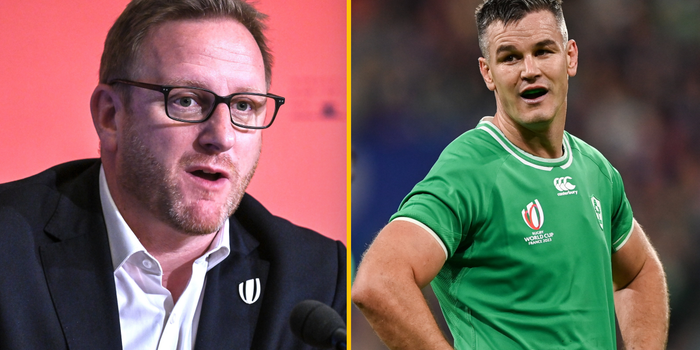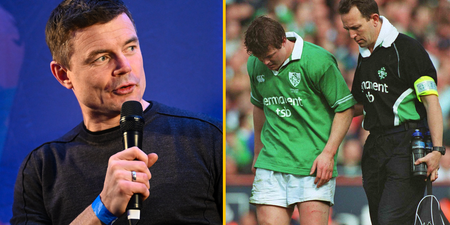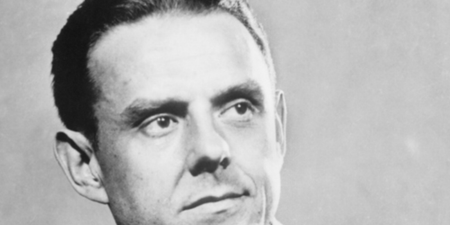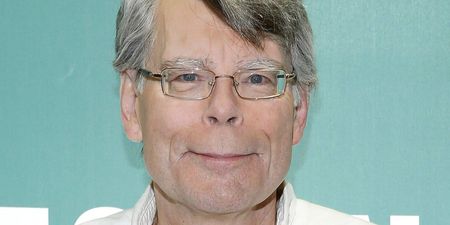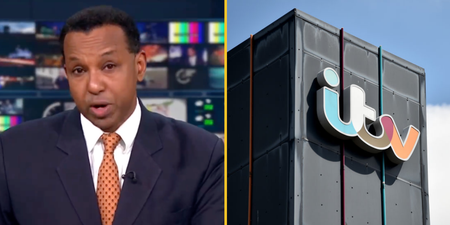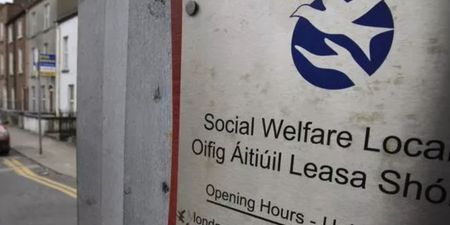“Of course it leads to the challenges or the frustrations that we’ve had here.”
The head of World Rugby has admitted the organisation did not get it right with the 2023 World Cup seedings and pool stage draw, but he says there was a very clear reason for it.
Alan Gilpin, chief executive at World Rugby, was speaking at a press briefing in Paris, on Tuesday, after the announcement of a new rugby calendar and an expanded World Cup. The new calendar will come into effect in 2026, and include new competitions for the top 24 nations in the game – The Nations Cup and Challenger Series.
The World Cup is also being expanded from 20 to 24 teams, starting from the 2027 tournament in Australia, with a condensed pool stage and an extra round of knock-out games, in a Last 16.
World Rugby chairman Bill Beaumont confirmed a change in date for the 2027 World Cup seedings, although it has failed to placate many of those that feel in-form teams are not being rewarded.
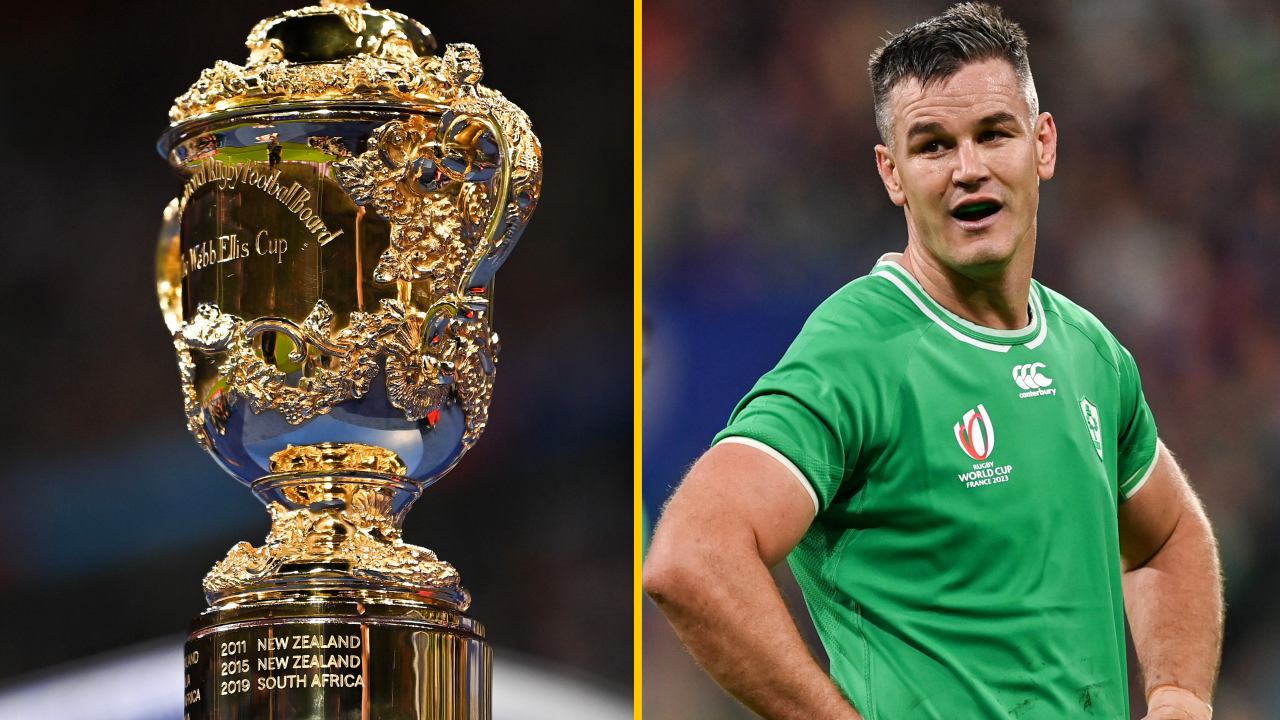 World Rugby are changing up their seeding and pool stage draw procedures. (Credit: Sportsfile)
World Rugby are changing up their seeding and pool stage draw procedures. (Credit: Sportsfile)World Rugby confirm seeding changes
The new date for the 2027 World Cup seedings to be confirmed is January 2026. Whatever way the world rankings lie, at that time, will determine the top two seeds for each of the pools.
For the 2023 tournament, the seedings were decided in December of 2020 but actually based off the world rankings from January 2020, before the Covid-19 pandemic tilted all sports off their axis. Ireland were 5th in the rankings in January 2020 so it meant they would be a second seed. Scotland were ninth so were third seeds.
When the 2023 tournament came around Ireland were first, South Africa second and Scotland fifth. The skew was stark as the top four ranked sides in the world were all on the same side of the draw. As it played out, Ireland (No.1) and France (No.3) were eliminated before we reached the last four.
So, instead of making a seedings decision, and draw, 45 months out from the World Cup, the plan is to make it 20 months before the 2027 staging. Still far from ideal but much better than it was.
“I think we’ve said this a few times,” Alan Gilpin of World Rugby began, “I understand that there’s frustration around the draw for this World Cup.
“The reality is, and sometimes this is a bit lost, we were in the middle of a global pandemic and nobody was playing international rugby at the time the draw was made for this tournament. So, we were using effectively the rankings that existed from the end of the last tournament. And that was really important in order to be able to plan for the great tournament that we’ve now had and to give teams and fans and those investing in the tournament, the stakeholders in this tournament, the opportunity to move that planning forwards.”
“But of course it leads to the challenges or the frustrations that we’ve had here,” Gilpin added.
“There’s always been a recognition that we want to change that, to have the draw closer to the tournament.
“When you actually drill down into that what you quite quickly realise, if you are going to have a draw that is based on the integrity of global rankings in Rugby World Cups, is that there is a relatively narrow window between the end of the November internationals and the start of the next Six Nations in the men’s game when everyone is playing. And the moment you go beyond that, some nations have had the opportunity to improve their rankings and some haven’t until the end of the next November internationals.
“We’ve taken the view for the Rugby World Cup in Australia in 2027 that waiting until after the November internationals in 2026 would be too late. I think it would put ticket sales at risk and that puts the financing of the tournament at risk. I think fans would be very frustrated at that outcome of not being able to plan with any certainty with less than a year to a Rugby World Cup. And it would make a real challenge, particularly at a time of expansion to 24 teams, to plan for the infrastructure that is needed for that expansion.
“So, the moment we’ve taken the decision not to go as late as effectively 10 months before a Rugby World Cup then we are back to January 2026,” Gilpin concluded.
“So, hopefully again it’s a compromise but a better one than we have now.”
BRENT POPE & SENE NAOUPU ON HOUSE OF RUGBY
Related articles:
- Siya Kolisi praises South Africa for “ugly” win as ROG marvels at Pollard beauty
- Lawrence Dallaglio comments on referee blow up as Matt Williams trolls Springboks
- “An unbelievable find” – Brian Gleeson and five other Ireland prospects to watch in the URC
- Johnny Sexton linked with swift return to Ireland as Mike Catt set to depart
LISTEN: You Must Be Jokin’ with Aideen McQueen – Faith healers, Coolock craic and Gigging as Gaeilge
